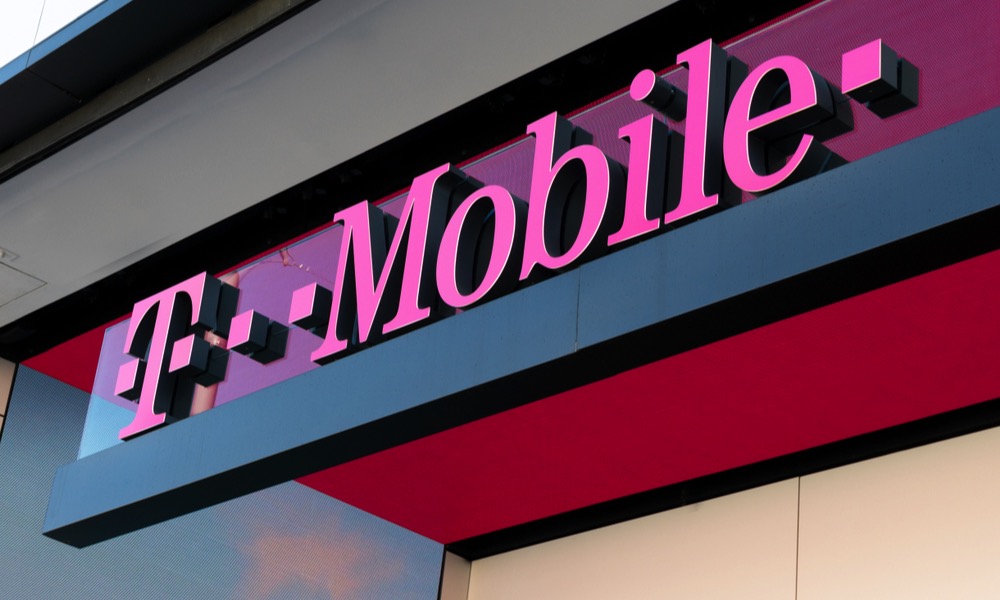Is T-Mobile Also Blocking Apple’s ‘iCloud Private Relay’ in the U.S.?
 Credit: Ken Wolter / Shutterstock
Credit: Ken Wolter / Shutterstock
Toggle Dark Mode
Following a report yesterday that several carriers in Europe are pushing back against Apple’s iCloud Private Relay feature, T-Mobile has also begun blocking the feature for at least some of its customers in the U.S.
T-Mobile is among the carriers in Europe who are petitioning the European Commission to declare iCloud Private Relay unlawful for impinging on “digital sovereignty.” The carriers claim that they cannot manage their networks properly if they can’t monitor the traffic that is passing through them.
However, as we noted earlier, it seems the European mobile operators’ reasons for this are likely far more political than practical since they can already quietly block iCloud Private Relay from their networks without the need for the EU to legislate a blanket ban on the technology.
Apple has made it trivial for network operators to block access to iCloud Private Relay. In fact, the iPhone maker actually offers up specific instructions on how to do so, and while these are aimed more at business and campus networks where network auditing may be necessary, the same techniques can be just as easily applied to mobile networks.
This is precisely what T-Mobile has begun doing, and not just in Europe, either. It turns out that many of T-Mobile’s U.S.-based customers are also noticing that iCloud Private Relay cannot be enabled when using a mobile data connection.
The folks at 9to5Mac reached out to T-Mobile for comment, and a spokesperson for the carrier claimed that this was only being disabled for users who subscribed to plans involving content filtering.
Customers who chose plans and features with content filtering (e.g., parent controls) do not have access to the iCloud Private Relay to allow these services to work as designed. All other customers have no restrictions.
T-Mobile
If true, this seems reasonable enough, since using iCloud Private Relay bypasses all network-based parental controls — even those on your own home router. The very point of iCloud Private Relay is to keep your traffic private from the moment it leaves your device, and if intermediate routers can’t read what’s inside, they can’t filter it either.
This is also why many school networks will have perfectly legitimate reasons for blocking iCloud Private Relay. In fact, they arguably should be blocking it to prevent youngsters from having unfettered access to the internet.
In the same vein, it makes sense that if a T-Mobile customer is subscribing to a plan that offers parental controls, the carrier doesn’t want to allow those customers to switch on iCloud Private Relay and bypass those parental controls — especially as it pertains to those customers’ kids.
Unfortunately, numerous reports suggest that T-Mobile’s ban on iCloud Private Relay extends well beyond just those customers who subscribe to plans or features that include content filtering. Customers whose plans definitely do not include any content filtering features are still finding themselves unable to enable iCloud Private Relay.
While T-Mobile has yet to respond to requests for further comment on this, we’re willing to give the carrier the benefit of the doubt for now. While it’s almost too easy to block iCloud Private Relay across an entire network, it’s considerably trickier to do so on a per-user or per-customer basis. For now, we’ll just assume that the carrier is still working out the implementation details.
A T-Mo Report also backs this up, citing access to internal documents from the carrier that point out that it only intends to block iCloud Private Relay for those customers who subscribe to plans or features that include content filtering and blocking, such as T-Mobile’s Web Guard.
Ultimately, we suspect T-Mobile is erring on the side of caution at this point, which is perfectly understandable. After all, given the choice between blocking access to an Apple feature that’s not even out of beta or taking the risk that kids will be able to use it to bypass parental controls, it’s pretty obvious what the choice should be. Take the safest and easiest approach of disabling iCloud Private Relay globally, and then walk that back to open it up for those customers who aren’t on any content filtering plans.






